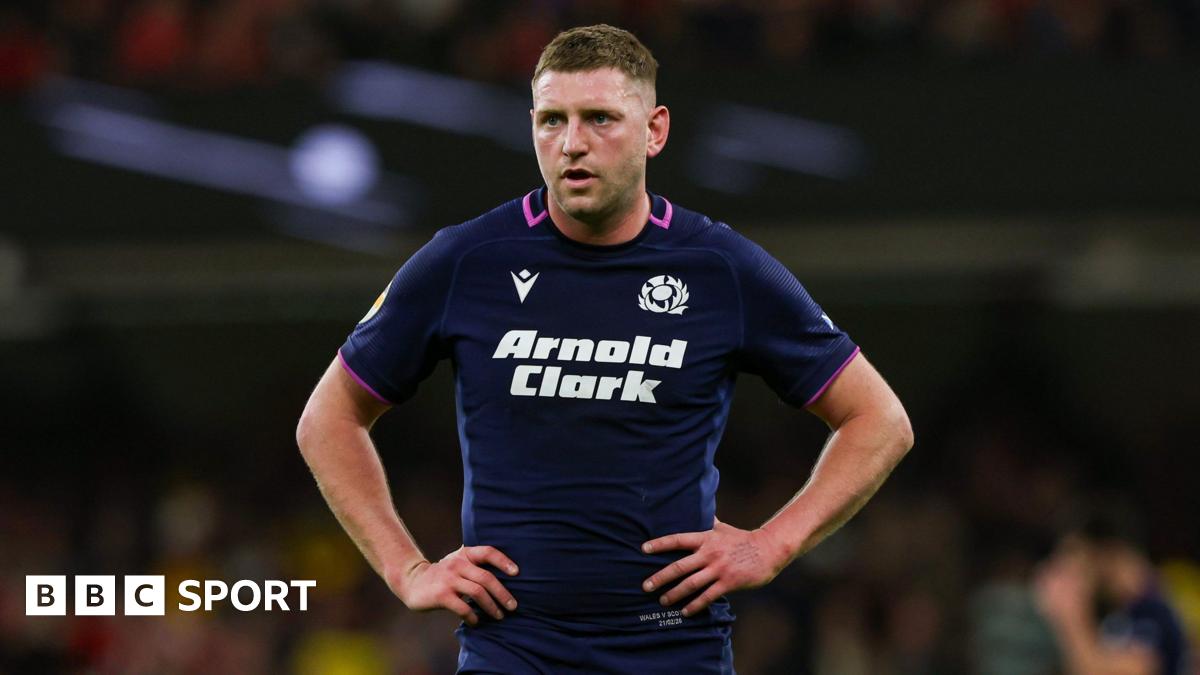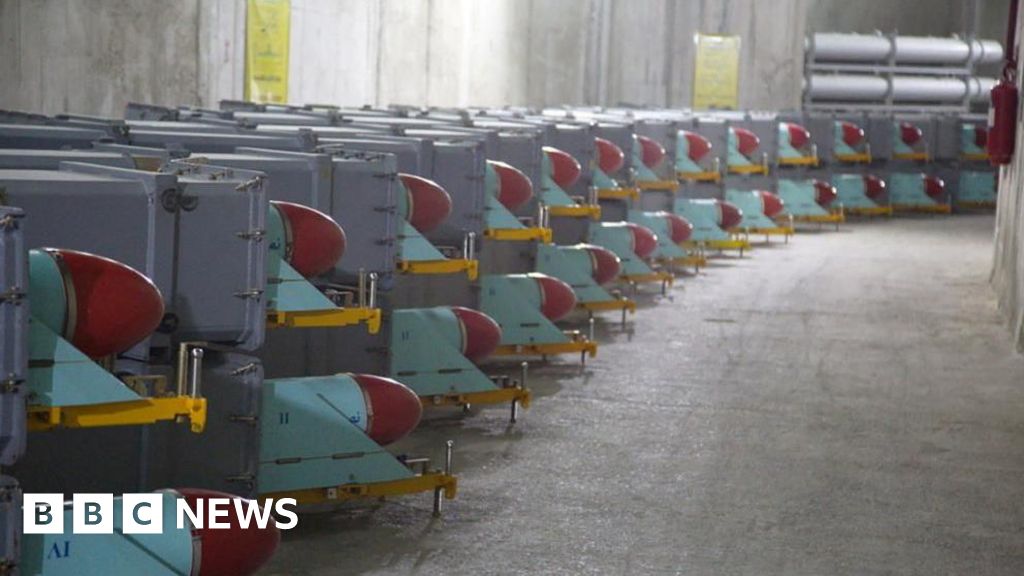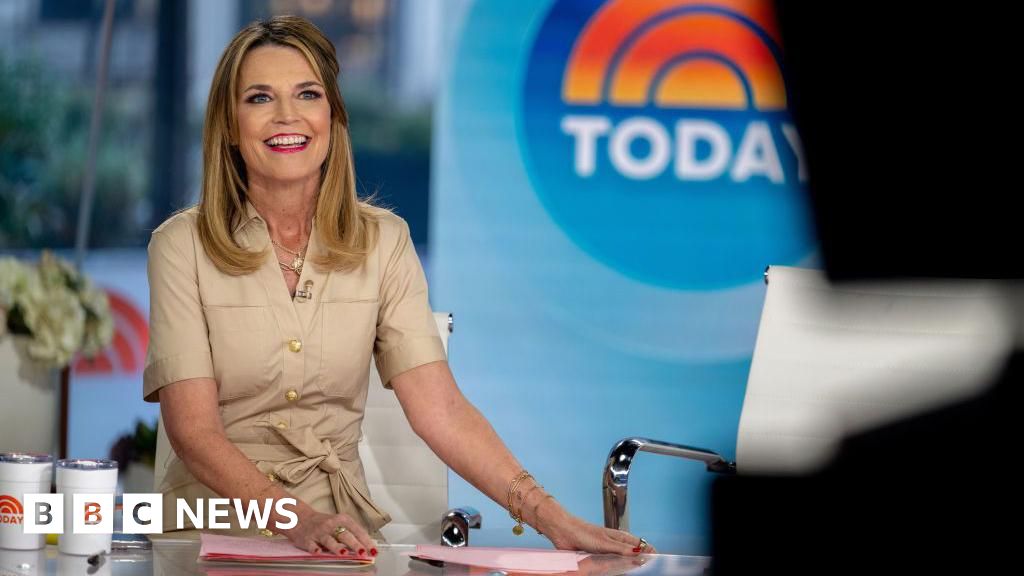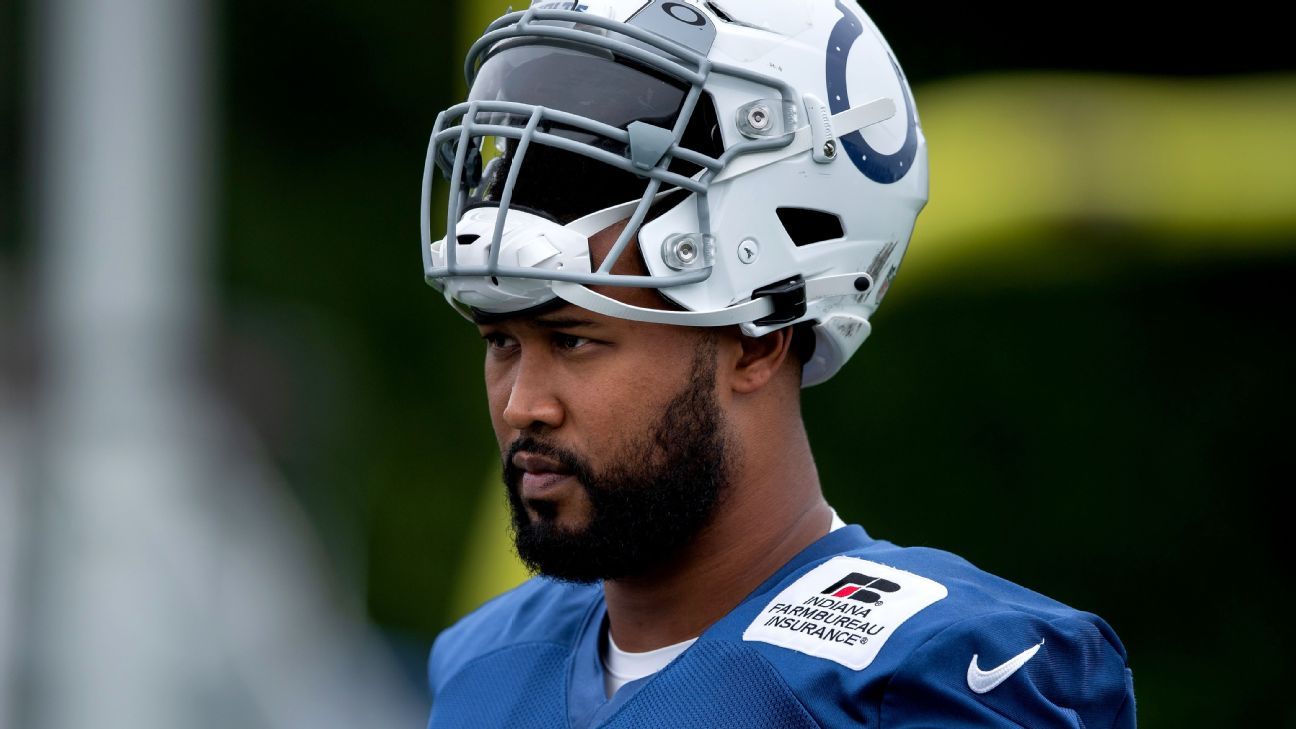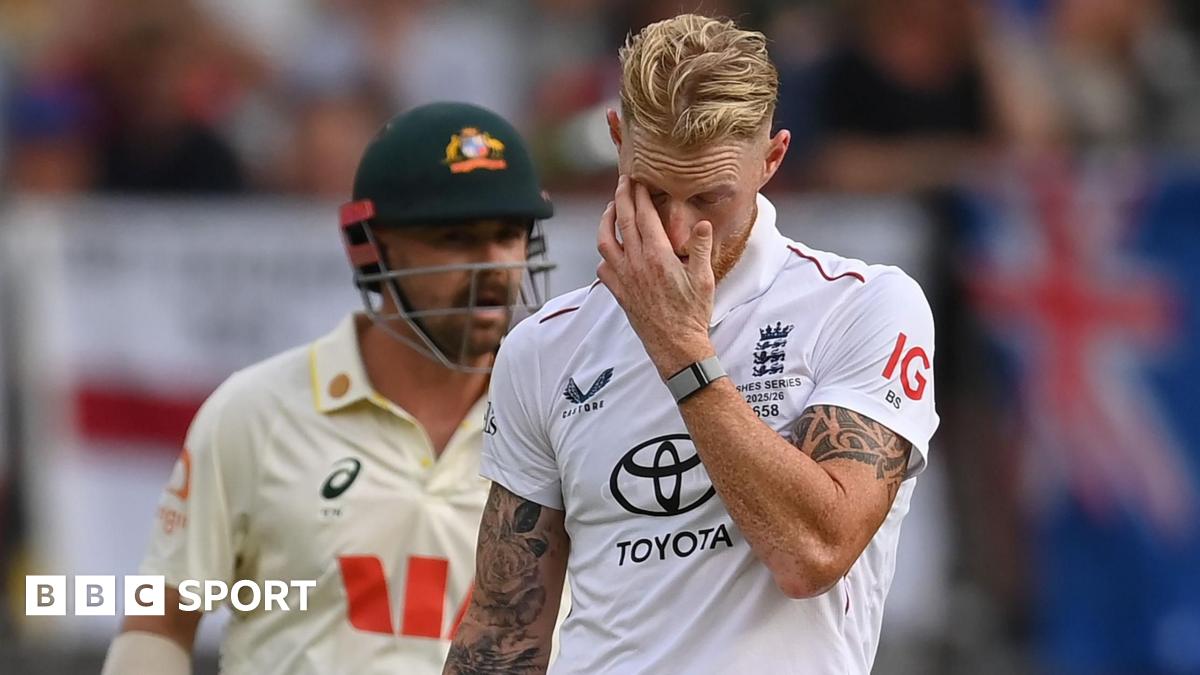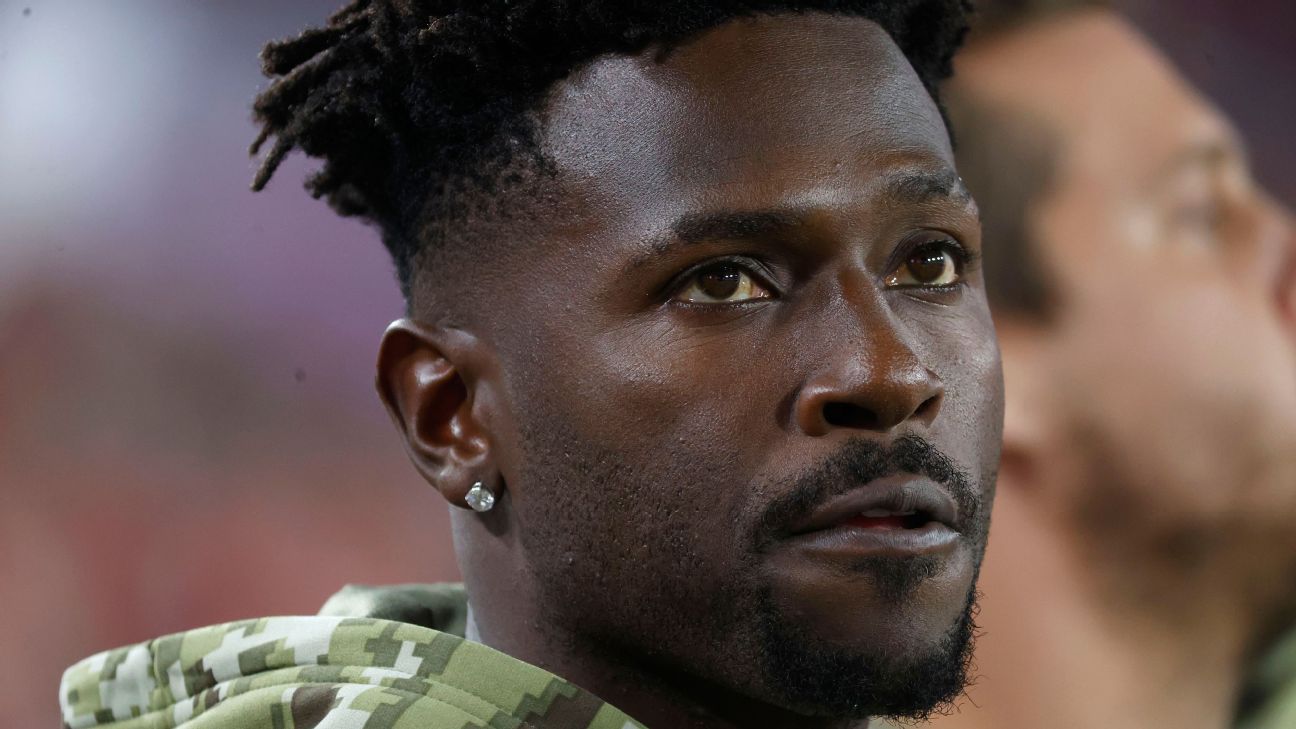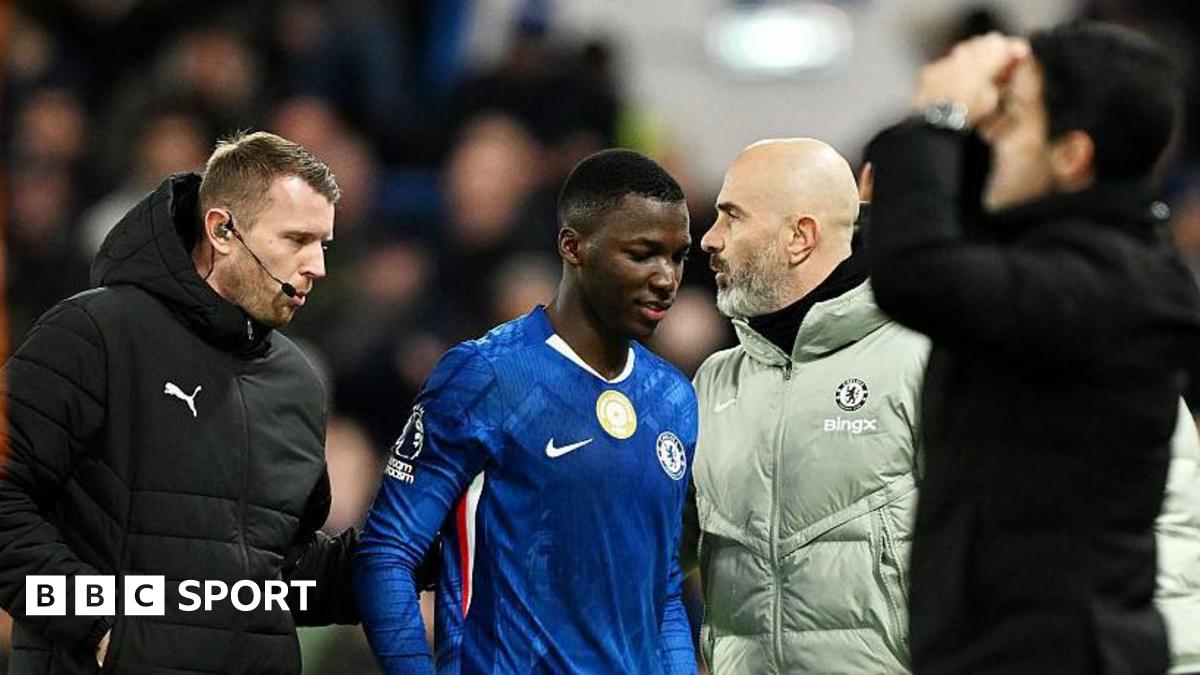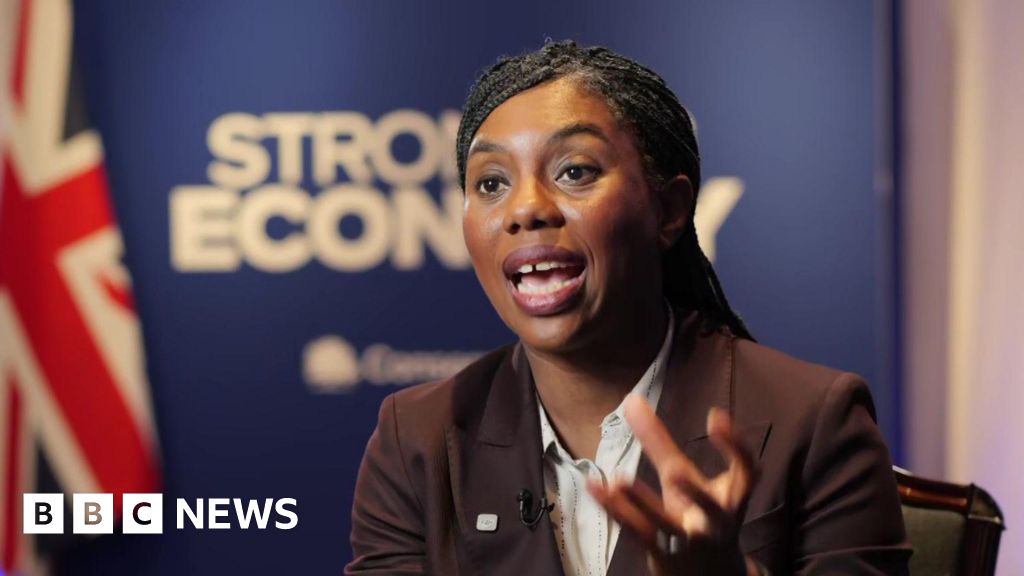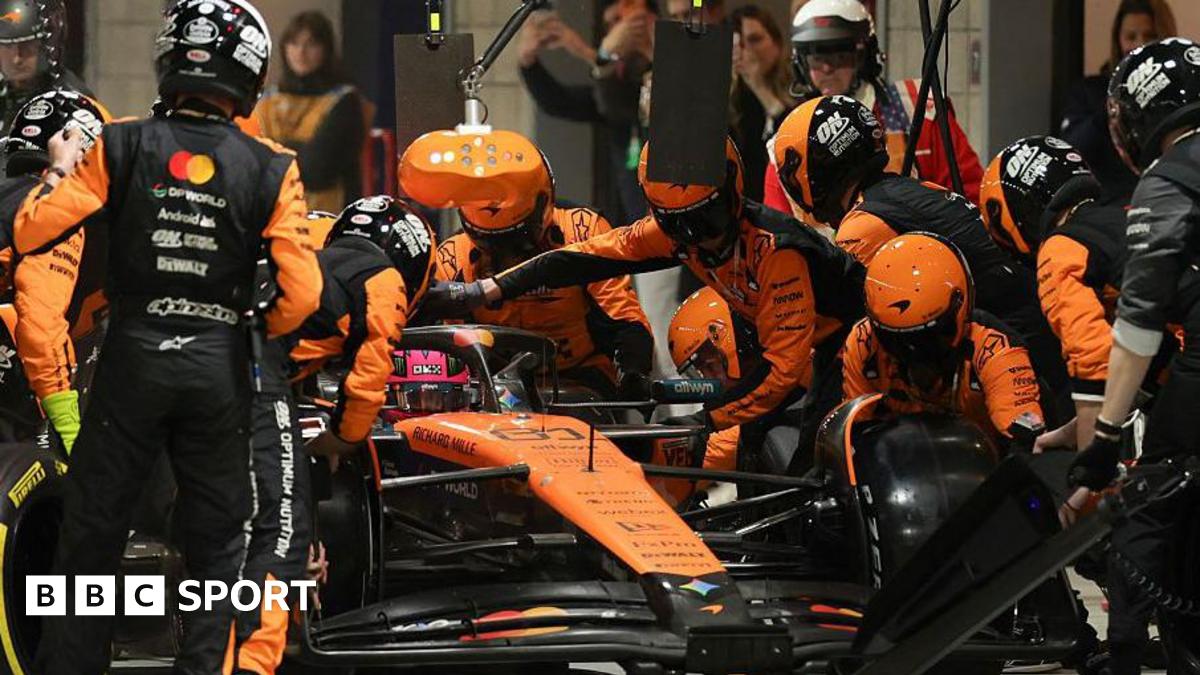
One of the most fascinating things for me when I watch modern-day football is that it feels like no-one values defending properly any more.
Over the past few years, the Premier League has developed a more possession-based strategy and, individually and collectively, defending has without doubt been restricted by our obsession to play football 'the right way'.
That's why I think what Mikel Arteta has done at Arsenal is brilliant, because although their attacking play is still amazing, he has looked at the stats that really matter and seen that all good teams are built from the back.
The way Tottenham have changed under Thomas Frank this season is based on the same way of thinking, of finding a balance between scoring goals and stopping them, and both coaches understand the importance of a team's structure in and out of possession.
That means Sunday might not see the kind of high-scoring game we have been used to when these two teams have met in recent years - the fixture has averaged more than three goals per game over the past five seasons - but it is a north London derby so anything can happen!
Good defending is not something which fans always appreciate anyway, but you only have to look at the top of the table to see how important it is to be solid at the back - before this weekend's games, the top six teams had all only conceded a goal a game or less.

I appreciate that stat because when I started out in management a million years ago, I worked off the basis that a clean sheet was worth twice as much as scoring a goal.
By that, I mean that every clean sheet, on average, earned a team 2.4 points per game, while scoring one goal in a game got you an average of 1.1 points.
Those stats were a reality for Stoke in our difficult first three seasons in the Premier League, when we were looking to establish ourselves in the top flight.
Between 2008-09 and 2010-11 we kept 35 clean sheets - 12 in our first season, 14 in our second and nine in our third - which earned us a total of 83 points, or an average of 2.37 points per game.
Looking at it that way, the real value of a clean sheet for us was roughly the same as scoring three goals in a game... and nothing has changed in the Premier League now, although the value of scoring one or two goals in a game has dropped.
In fact, as the number of goals per game in the Premier League rises, and the number of clean sheets drops, each clean sheet is worth more now than it was in 2008.
Back then, 70% of clean sheets would give you a win, now it is 83%.
You'd think more people would look at this data and see how important defending is, but instead, there has been a focus on a certain style of play which I believe is linked to the higher number of goals we are seeing in the Premier League compared to 10 or 15 years ago.
The rise of possession football has been a major influence on the English game, and has had an enormous effect on young coaches, teams and players.
They have been brainwashed into thinking it's not just 'the right way' to play, it's also 'the only way' - but there are many pitfalls to this approach and my priorities were always very different.
Winning football matches is about being better at all facets of the game, but my principles were that both final thirds were the areas that mattered the most.
Modern-day football has moved away somewhat from the traditional English style of play when I was in the game, of direct forward passes which encouraged more final third entries. It produced less midfield play, but more direct action in both boxes.
Instead, possession football has become an obsession, where teams are prepared to risk playing out from the back to accommodate the perception of playing football 'the right way'.
Defenders now spend more time passing the ball to one another than ever before. In fact, defending in some ways has taken a massive step backwards, as more and more coaches concentrate solely on possession.
Not all defenders are ball-playing defenders
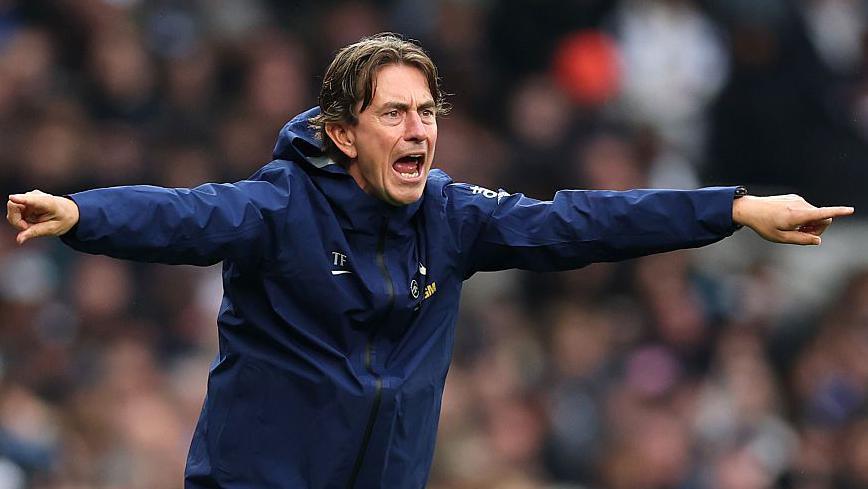 Image source, Getty Images
Image source, Getty Images
In 2025-26, only two teams have conceded fewer Premier League goals than Thomas Frank's Tottenham. In contrast, only four teams conceded more than Spurs last season under Ange Postecoglou
Ball-playing defenders passing their way out from the back are nothing new - the best I ever saw were Mark Lawrenson and Alan Hansen in the great Liverpool team of the 1980s.
I was a player at that time and a defender too - although not a ball-playing one! I recognised that although Lawrenson and Hansen were brilliant on the ball, their defensive attributes were also top drawer.
If you have players like those two, then playing in your own half is fine. If not, you are asking for trouble, as the data shows.
As a manager, I had some absolutely fantastic defenders at all of my clubs and most of them were competent in possession.
But I also had wonderful ball players like Matthew Etherington, Chris Brunt and Yannick Bolasie so I wanted people to give them the ball as early as possible, because they could play and make things happen.
I wanted us to play through the pitch, whether it was with short passes or long passes, rather than keeping the ball deep and bringing teams on to us.
Tottenham under Frank seem to have the same approach, which is very different to the way they played under Ange Postecoglou last season. They were seen to be gung-ho, and very rarely was there a balance between scoring goals and conceding them.
Now they are playing in their own half less, and conceding fewer chances and goals. The two things are not a coincidence as far as I am concerned.
Looking at the stats so far, Frank has certainly added a more pragmatic approach, which has propelled them into a very encouraging position in the table.
All good teams will undoubtedly have a solid base like that, which enables them to collect clean sheets and produces a platform to be successful.
Frank's big task will be to achieve the same balance between defence and attack which Arsenal have now. Yet I'm convinced that given the same time Arteta has been at their fierce rivals, he will succeed in finding it.
Arsenal have found stability with Arteta, who has been in charge since 2019 and produced a team that is now capable of playing some brilliant free-flowing football when in possession of the ball, but are so solid defensively that teams find it extremely difficult to break them down.
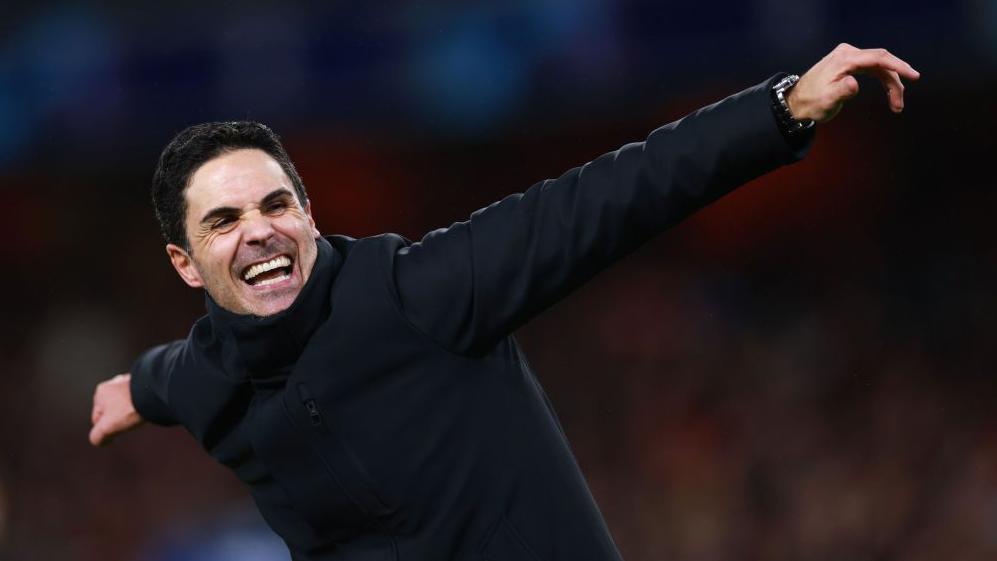 Image source, Getty Images
Image source, Getty Images
Arsenal conceded the fewest goals in the Premier League last season, and have conceded the fewest so far in this campaign too
High turnovers are high risk
Football has many fundamentals but, very simply, as a team you have to put the ball in one goal and keep it out of the other!
I watch a lot of post-match analysis where pundits proclaim after the event what is right with the winning team and wrong with the losing one.
They decipher games with a fine-tooth comb when the truth is that they are decided either by defensive mistakes or good play in the final third, both of which produce goal-scoring opportunities.
There are more of those than ever - the total of Premier League goals scored went up slightly between 2010 and 2020 but has risen more dramatically in the past five years.
Aligned with that has been a staggering increase in the number of goals conceded in a particular way, from teams losing possession in their own half of the pitch.
As I've explained, I did not want my teams to risk that by trying to play square passes at the back, but they still had to be able to defend well when it happened.
At the top level, players have the ability to counter-attack at great speed so it is really important that, when you are in possession, you do not allow teams to break quickly through you with two or three-pass moves when they win the ball back.
Most players who worked with me, from my humble beginnings in the lower divisions to the Premier League, will testify of my determination for my teams to be completely structured, with or without the ball.
I enjoyed coaching 11 versus 11 on the training field, and I am sure I have driven a lot of my players mad with my focus on team shape.
Every player I worked with would understand that their role was vital in enabling the team to be a team and within those hours of constantly working on our organisation, one area I specifically focused on was being well set up behind our attacking play.
It was always emphasised that, if we were set up right, we could regain possession - but also stop the opposition counter-attacking us which, as the stats show, can cause you great damage.
You need to defend set-pieces too
As I talked about in a previous column, goals from set-pieces are also on the rise, so common sense should push coaches towards realising that as well as needing a defensive strategy against counter-attacking play, they need a way of stopping goals from corners, free-kicks and throw-ins.
That rarely seems to happen, though. It amazes me that today's set-piece coach is lauded for goals scored, yet never criticised for set-play goals conceded by his team.
It is something that Arsenal and Tottenham have both addressed this season, but for Arsenal it is still a weakness when you look at the proportion of goals they concede from these situations.
Watching teams defend set-plays today is at times laughable, with many defending players not even looking at the ball that's being delivered.
In almost every game I watch, referees could and should award penalties for fouls committed against the attacking players, and the whole principles of defending a one-v-one situation with balls into the box has been lost.
There seems a lack of individual knowledge and, in many cases, courage from the defensive player to put themselves at risk by challenging a forward, and I am afraid that is paramount to so many goals being conceded at set-plays.
A good defence can keep you up
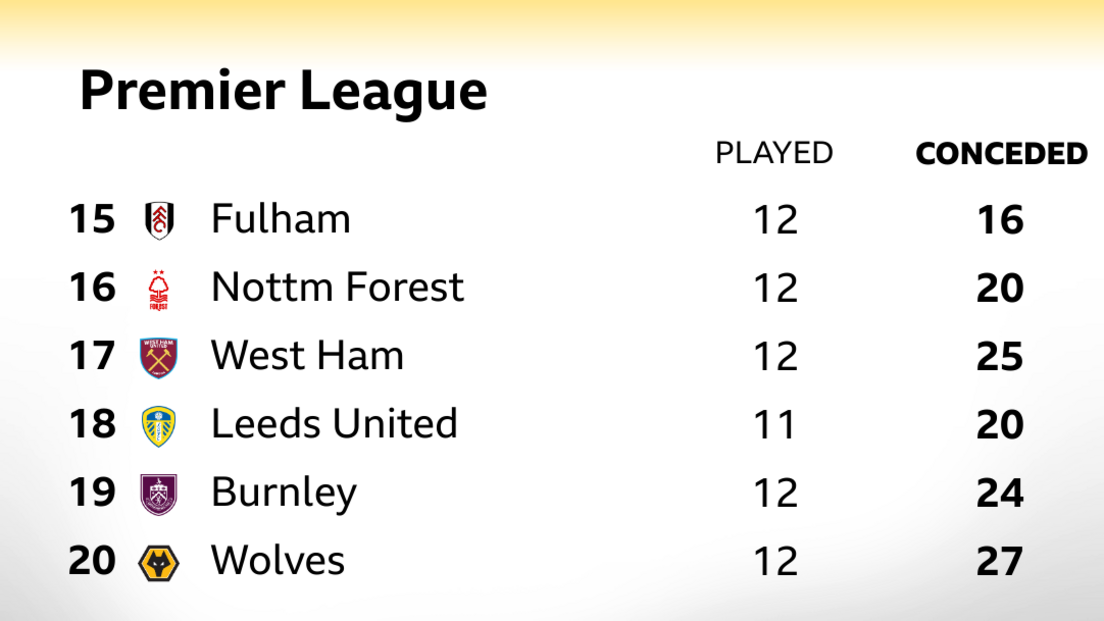
Arsenal's defensive record is second to none in the Premier League this season but it is not just when you are trying to win things where being solid is important.
In the past two campaigns, the three promoted teams went straight back down - with the three worst defensive records.
This season, Sunderland are joint fourth-best for goals against and are fourth. Burnley are 18th, while only three teams have conceded more than Leeds, and look where they both are in the table.
You can be sure that the teams with the worst defensive records will be near the bottom come next May - and the stats above show that finding the balance between attack and defence is absolutely vital, whether you are going for the title or fighting relegation.
Tony Pulis was speaking to BBC Sport's Chris Bevan.

 3 months ago
74
3 months ago
74


